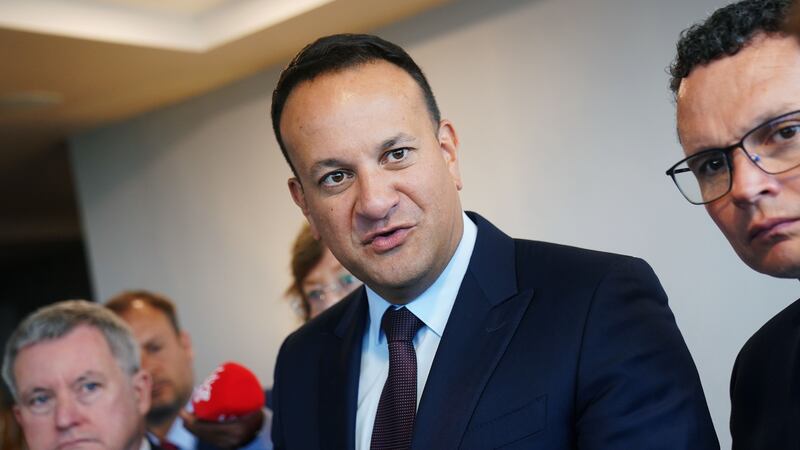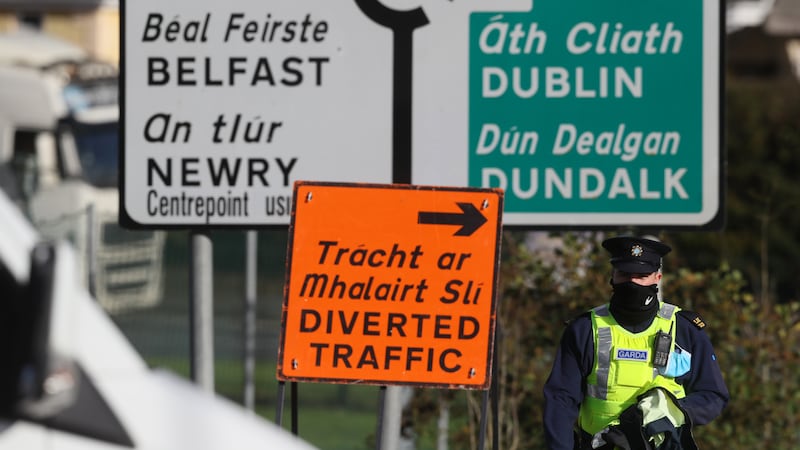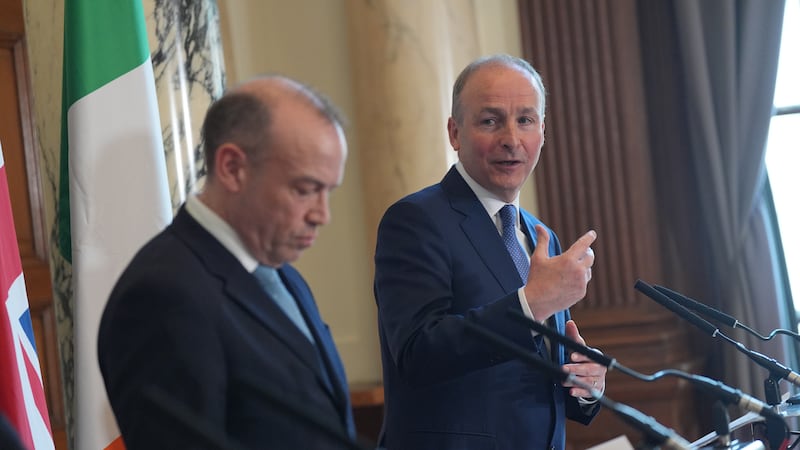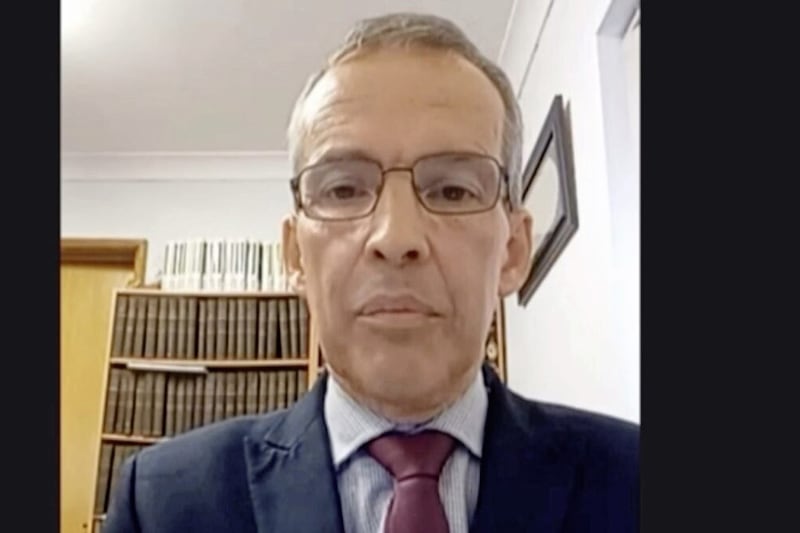Taoiseach Leo Varadkar has said that he believes Ireland is “on the path to unification”, but there was a touch of doublespeak to this statement given that the Fine Gael leader has consistently batted back any notion of preparing for such a vote.
Over the course of the coalition’s term, all three party leaders have referred to a border poll as ‘divisive’. What’s divisive is framing legitimate democratic processes as contentious and wilfully keeping the electorate in the dark on what shape such a vote – and outcome – would take.
In response to Varadkar’s statement, UUP leader Doug Beattie said: “Regardless of what your aspiration is, a united Ireland or a United Kingdom, you have to put a plan on the table of how you think you’re going to achieve that… I see no plan for a united Ireland being put on the table”. And Beattie is correct – there is no plan, no detail, and there are no resources being allocated by the Irish government to prepare for unification.
Read more:
Denzil McDaniel: Unionists should realise that a new Ireland isn't exclusively a Sinn Féin project
Tom Collins: Will someone please tell the NIO Irish unity is a legitimate aspiration?
Patricia Mac Bride: Would we be better off in a united Ireland?
Of course, unionism too has no plan on how it would convince the electorate to remain part of the United Kingdom.
There are several steps the Irish government could be taking to prepare for a border poll: representation, research, dialogue and financial resources.
The first step is representation. There is currently one northern resident represented within the political institutions in Dublin, Sinn Féin’s Niall Ó Donnghaile.
Ideally a northern panel would be established in the Seanad as part of much-needed and long-overdue reform of Ireland’s second chamber, but in the absence of such a panel, three seats representing the north’s three largest community designations should be reserved in the Taoiseach’s nominations.
Expanding voting rights would also begin to chip away at the divisions north and south. The current government committed to holding a referendum on extending presidential voting rights. However, this vote is expected to be kicked down the road, once again leaving Irish citizens in the north farther adrift from any form of meaningful inclusion.
The second step is research. Universities and academics across these islands are exploring various aspects of constitutional change, but government-funded research into areas such as pensions, the civil service and policing and justice would not only be invaluable, but signal a serious effort toward tackling complex issues head-on.
One of the most critical aspects to preparing for a border poll is dialogue, and an all-island citizens’ assembly is not going to cut it.
The citizens’ assembly model has proved highly effective, but it is too limited in its reach to build the level of understanding necessary in this debate. What Ireland needs is a national dialogue.
The national dialogue model – which includes large-scale interventions within communities in the form of town halls, forums, and smaller-scale dialogue sessions – formed part of Colombia’s peace process and has been praised as an example to the world of the transformative impact of dialogue.
Pinning our future on the citizens’ assembly model lacks imagination – we need to be much more ambitious about reaching people in their communities. Have a citizens’ assembly, sure, but don’t make it a pre-requisite for developing a vision, or the limit of our ambition.
In terms of resources, there are none. Professor Brendan O’Leary has suggested that the Irish government ring-fence part of the budget surplus – set to reach €10 billion this year, and up to €65.2 billion by 2027 – into a sovereign wealth fund to prepare for unification. The government has announced that it will set up such a fund, but for pensions.
There’s momentum building around 2030 as the potential year for a border poll. Seven years might seem like a long time, but it’s been seven years since Brexit and the debate on constitutional change at a political level is still in its infancy.
We don’t have answers – or even a vision – for key areas such as healthcare, education or housing, and discourse remains reductively focused on the binary model of Irish and British or unionist and nationalist perspectives.
What of the views and aspirations of Ireland’s ‘new’ communities? Or the disabled community? The Traveller community? Women? A border poll will be a once-in-a-generation opportunity to fundamentally alter the social fabric of this island. For this to be a success, all voices need to be heard.
For many, Varadkar’s statement will be hugely symbolic, but so too was his appearance on the stage of the Ireland’s Future conference in Dublin last October. And what has he or his party done to advance the conversation since?
Brexit provides a searing parable on how not to run a referendum. Slogans and romanticism won’t deliver a new Ireland – hard work will.








